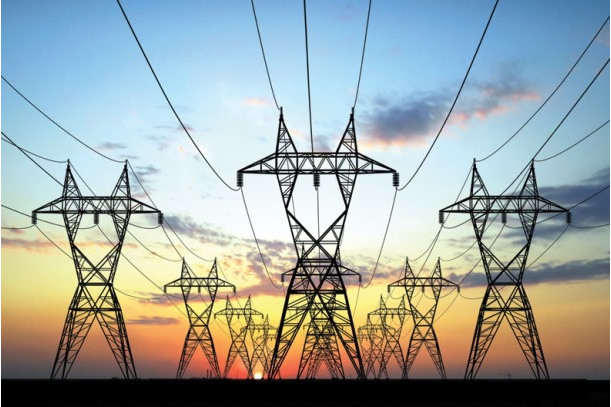Latest News
Global energy interconnection to improve deployment of clean energy – IEC

News Highlight
- The report recommended that policymakers should consider the need to develop tools to assess the costs and benefits of large-scale, regional, transcontinental and eventually global energy interconnections.
The International Electrotechnical Commission released a white paper today, stating that global energy interconnection (GEI) can improve the deployment of clean energy around the world.
GEI is a natural progression of power grids towards ever-greater regional interconnection, creating a globally interconnected power system supported by smart grid infrastructure that uses ultra-high voltage technology to transmit power over great distances. Such large-scale power grids would form the backbone for the extensive deployment of clean energy, allowing for an appropriate allocation of power generation plants where resources are best.
The Geneva-based organization said achieving high levels of GEI across large geographical areas affords the creation of platforms for power exchange, with greater balancing of electricity demand and supply and generally increased utilization of power generation assets.
“To achieve the ambitious concept of global energy interconnection (GEI) or large scale, regional, intercontinental interconnection, requires political vision and a worldwide collaborative effort,” said Dr. Hu Hao, Senior Project Manager, International Cooperation Department, State Grid Corporation of China.
Given that global primary energy demand worldwide is expected to continue growing, the paper said that GEI can be an attractive proposition to enhance system security and reliability; aid in balancing and ensuring resource adequacy; increase asset utilization; reduce costs; and facilitate the decarbonization of power systems.
The IEC paper called for the standardization of the GEI given that it demands an unprecedented degree of system integration across sovereign borders, technical domain borders, hierarchical borders and equipment life-cycle phases.
The report recommended that policymakers and regulators should consider the need to develop tools and methodologies to assess the costs and benefits of large-scale, regional, transcontinental and eventually global energy interconnections. It further urged that emphasis needs to shift to the joint planning of transmission and generation assets while large-scale deployment of renewables should continue to be encouraged.
“Drawing up GEI concepts at an early stage by a consensus based process and through close cooperation between researchers, industry, regulators and standardization bodies is one of the central requirements for success of the implementation of the concept,” said Dr. Hao
The IEC is the world’s leading organization that prepares and publishes globally relevant international standards for all electric and electronic devices and systems. The organization brings together 171 countries, representing 99.1 percent of the world population and 99.2 percent of world electricity generation. More than 20,000 experts cooperate on the global IEC platform, ensuring that devices and systems work safely and efficiently.
Related News
Latest Blogs
- The Museum of West African Art saga
- The complexity and complication of Nigeria’s insecurity
- Between bold is wise and wise is bold
- Prospects of port community system in Nigeria’s maritime sector
- Constitutionalism must anchor discipline in Nigerian Armed Forces
Most Popular News
- NDIC pledges support towards financial system stability
- Artificial intelligence can help to reduce youth unemployment in Africa – ...
- Africa needs €240 billion in factoring volumes for SME-led transformation
- ChatGPT is now the most-downloaded app – report
- Global trade to hit record $35 trillion despite slowing momentum
- CBN licences 82 bureaux de change under revised guidelines






